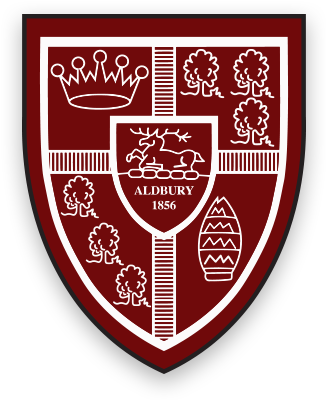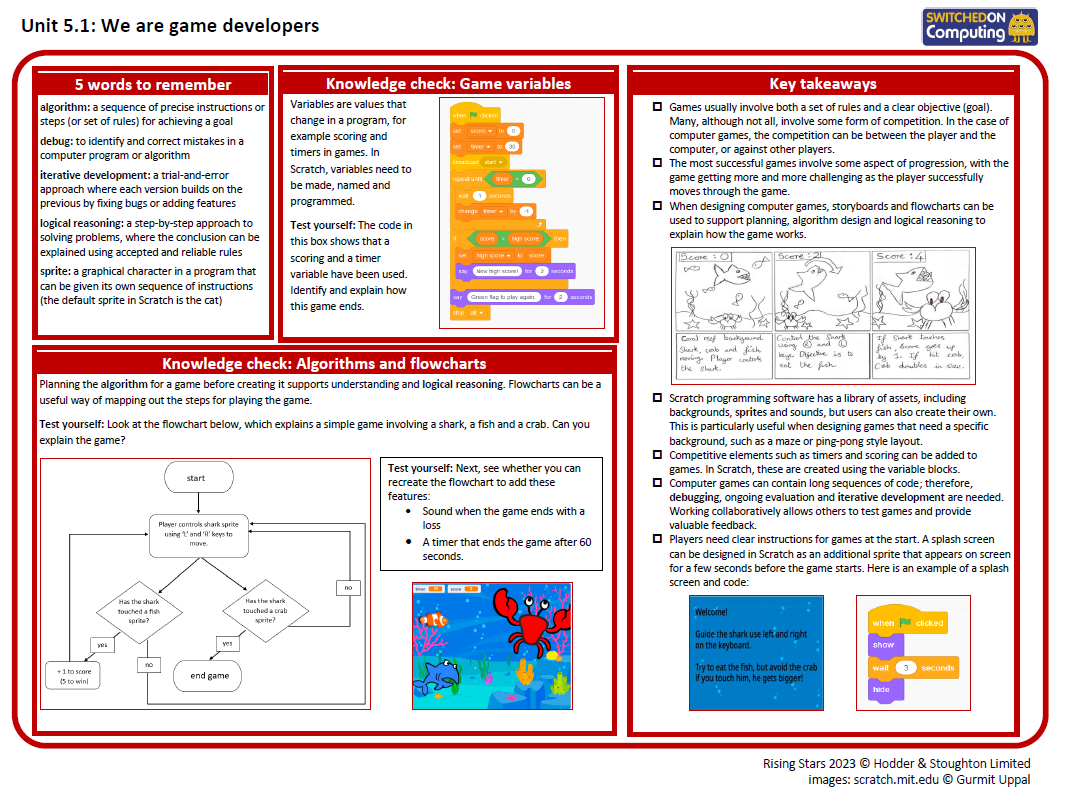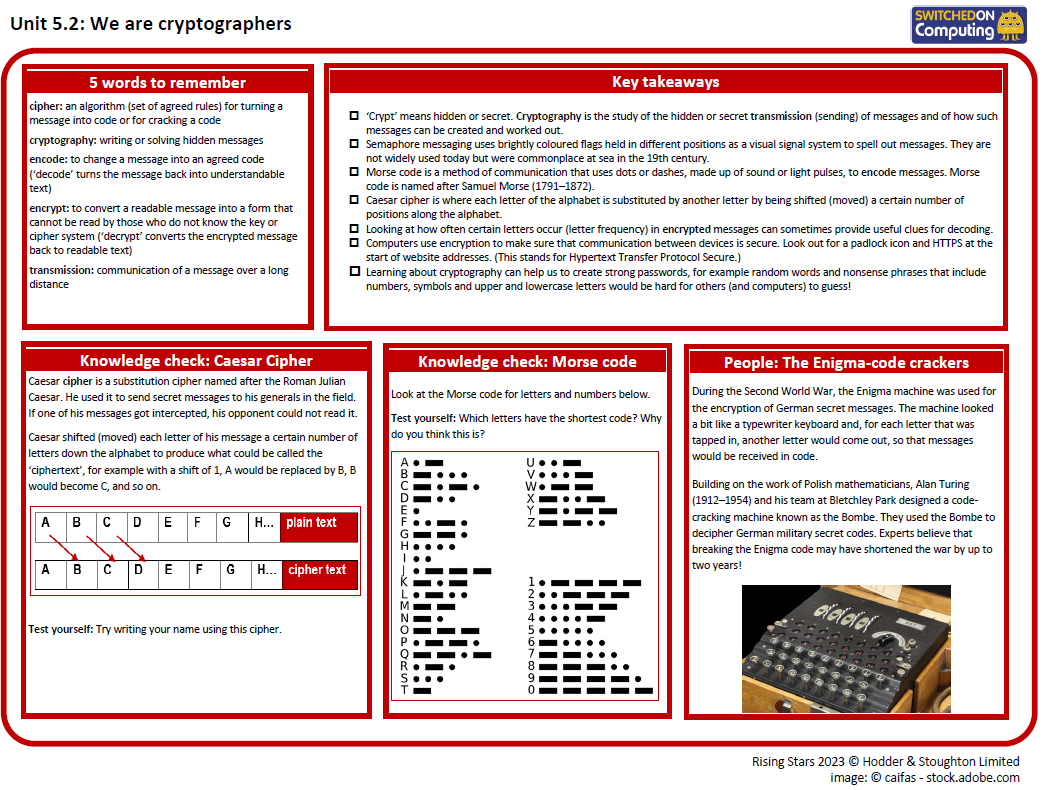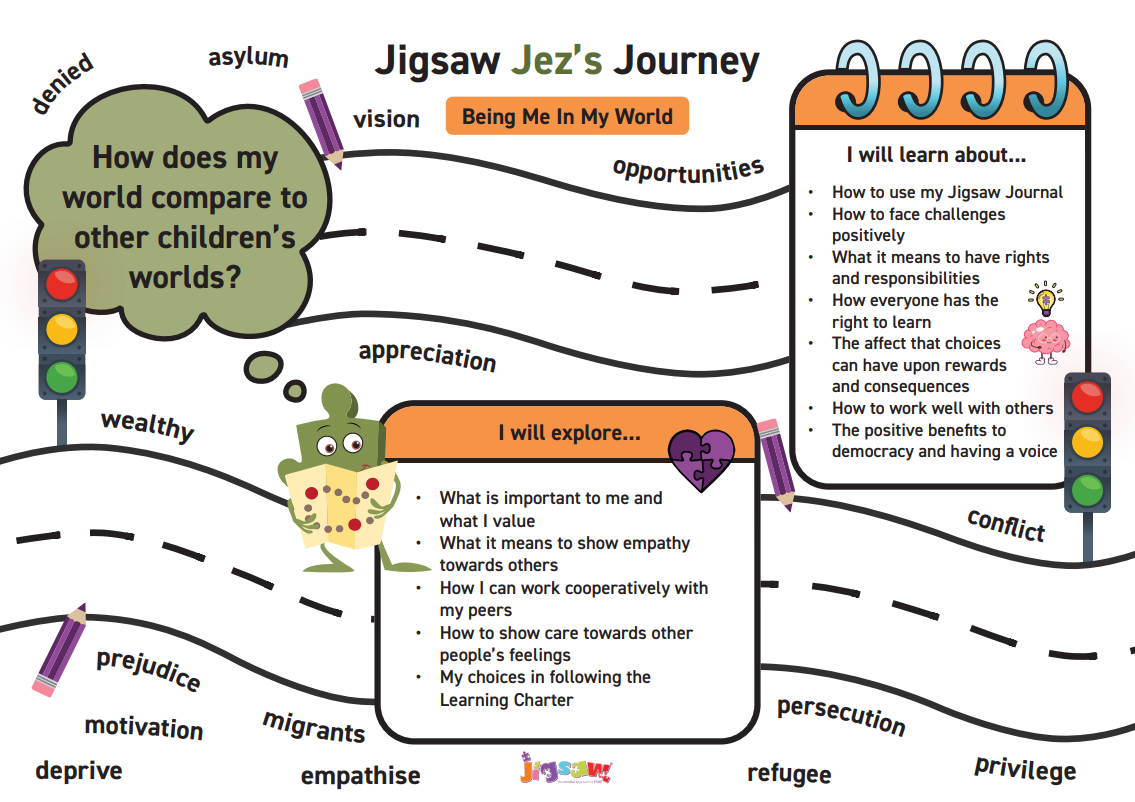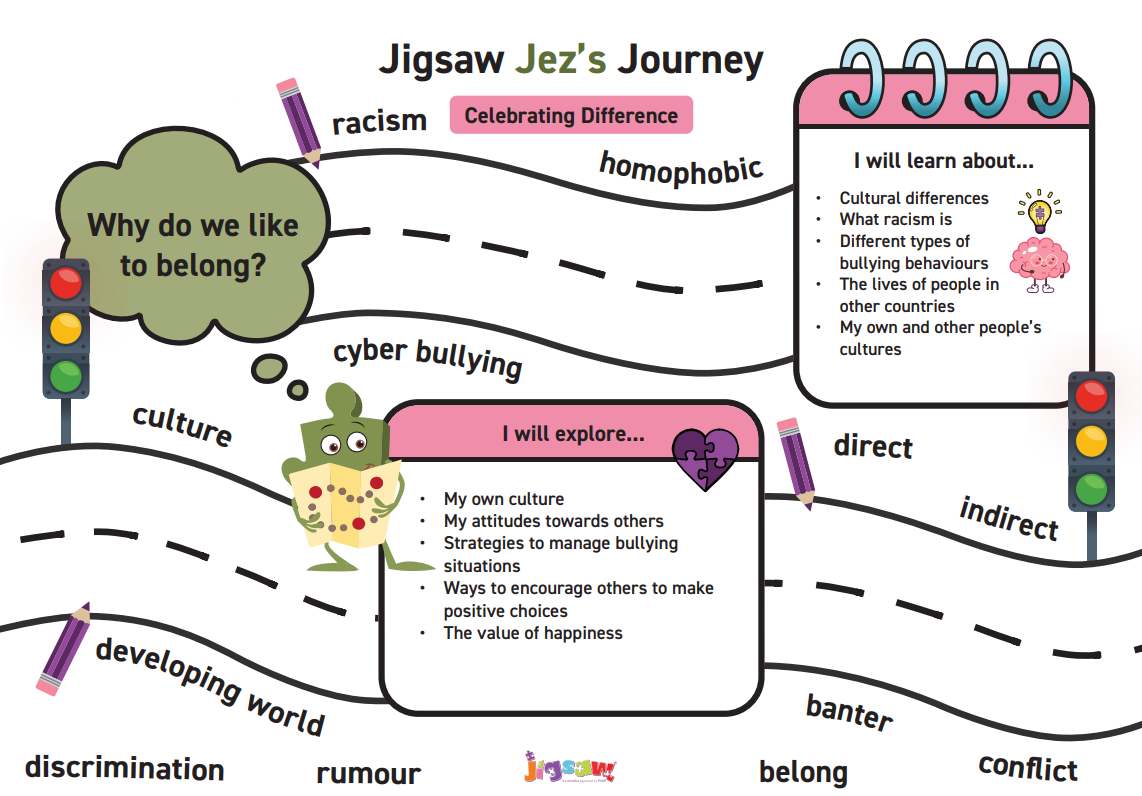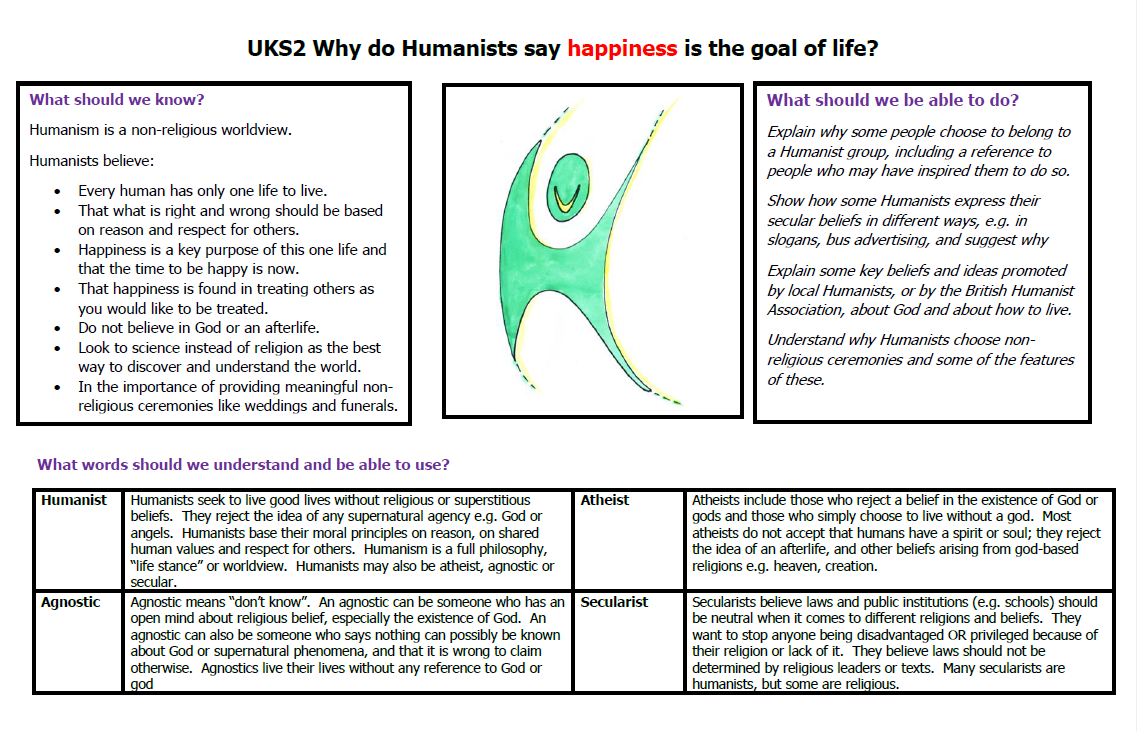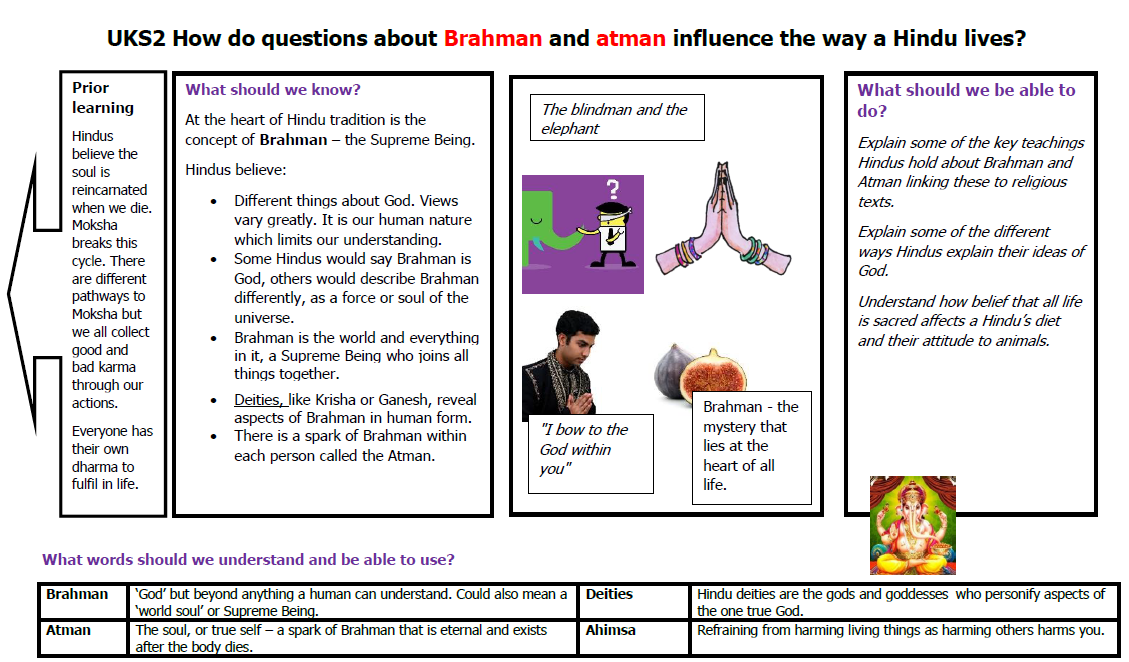Autumn Term 2025
English - Writing
Class 4 begin the autumn term with The Odyssey retold by Gillian Cross. Children will step into the world of Odysseus, writing speeches, dialogue and reflections in role as the hero. They will research Greek gods and monsters before creating their own epic adventure stories, developing stamina and confidence in extended narrative writing.
Next, the class will study Windrush Child by Benjamin Zephaniah, exploring the experiences of the Windrush generation. Through letters, diaries, advice writing and poetry, children will reflect on Leonard’s journey and emotions. They will also perform John Agard’s Windrush Child poem and write their own versions, before producing persuasive pitches to commemorate the Windrush story locally.
After half term, Class 4 will explore conservation in Can We Save the Tiger by Martin Jenkins alongside William Blake’s poem The Tyger. Children will create posters, persuasive speeches and discussion texts, before researching an endangered animal of their choice. The unit blends poetry, non-fiction and debate, encouraging children to consider their role in protecting the natural world.
Finally, the term ends with The Last Bear by Hannah Gold, a moving novel set in the Arctic. Children will write in role, develop dialogue and produce scientific explanations about polar bears, culminating in a newspaper report about a key event. This powerful unit combines gripping storytelling with urgent environmental themes, inspiring children to see the impact individuals can have in caring for the planet.
Computing
We start the year with the unit: 'We are game developers', children will design and create interactive computer games using Scratch, Snap!, or Kodu. They will create original artwork and sound, and program their games using sequence, selection, repetition, and variables. Children will also debug their programs using iterative development and apply logical reasoning to correct errors. Activities include planning, prototyping, testing, and publishing their games.
After half term we will be exploring 'We are cryptographers', children will explore methods of secret communication and cracking codes. They will become familiar with semaphore and Morse code, and understand the need for private information to be encrypted. Children will encrypt and decrypt messages using simple ciphers, such as Caesar and substitution ciphers, and apply frequency analysis to crack codes. They will also appreciate the importance of complex passwords and how encryption works on the Internet, using software like Scratch to understand these concepts.
Maths
In Class 4 this term, children in Years 5 and 6 will be developing their mathematical fluency and reasoning through the White Rose Maths scheme, covering a range of key topics.
The term begins with place value. Year 5 will work with numbers up to 1,000,000, while Year 6 will extend their understanding to numbers up to 10,000,000. Both year groups will explore rounding, negative numbers, and the importance of understanding the value of each digit. This knowledge provides a vital foundation for all other mathematical learning.
We will then move on to addition and subtraction, where Year 5 pupils will consolidate written and mental strategies for larger numbers, and Year 6 will apply these methods with even greater efficiency, accuracy, and problem-solving depth. Both year groups will be encouraged to explain their methods and check answers using estimation and inverse operations.
Following this, the children will study multiplication and division. Year 5 will focus on formal written methods for multiplying up to 4-digit numbers by 1- and 2-digit numbers, while Year 6 will extend to long division and multiplying larger numbers. Times tables knowledge will continue to play an important role in supporting fluency.
Midway through the term, we will move into fractions. Year 5 will develop confidence in finding equivalent fractions, comparing, ordering, and adding and subtracting fractions. Year 6 will extend to multiplying and dividing fractions and working with improper fractions and mixed numbers.
We finish the term by revisiting multiplication and division, applying the skills learned earlier to more challenging reasoning and problem-solving activities.
Music
We start the new school year with Hey, Mr Miller, an extremely popular song with three layers in a jazz/swing style. The title and song lyrics refer to the well-known American musician Alton Glenn Miller and his swing band. As well as opportunities to discover and learn about swing-style jazz and some of the most renowned big band leaders of 1930s and 1940s America, the activities in this unit will allow children to explore rhythm work, creating and improvising off-beat (syncopated) rhythm patterns and melodies, and develop a polished group performance.
Most children will be able to:
- Compose a syncopated melody using the notes of the C major scale.
- Sing a syncopated melody accurately and in tune.
- Sing and play a class arrangement of the song with a good sense of ensemble.
- Listen to historical recordings of big band swing and describe features of the music using music vocabulary.
After half term, we will be learning Dona nobis pacem, a round in three parts that is set to a short prayer for peace. It is in Latin and comes from the Agnus Dei of a Roman Catholic Mass. The phrase ‘Dona nobis pacem’ translates as ‘Grant us peace’. As well as being sung in churches, it has also been adopted for use as a song with a broader message about peace. The melody has been passed down orally and is thought to be traditional. In this unit, pupils will explore pulse work in 3-time, learn to sing the song as a round, learn about texture in music, and compare music with different textures. They will create their own pieces using given rhythms and chords, working from stick notation.
Most children will be able to:
- Compose an 8-bar piece using percussion, in 3-time and using chords F major and C major.
- Sing a round accurately and in a legato style.
- Identify changes in texture between parts moving together (homophonic texture) and parts moving independently (polyphonic texture).
- Sing a chorus in two-part harmony with dancing on the beat.
PE - Physical Education
Children in Class 4 will take part in swimming lessons this term, focusing on water confidence, stroke technique, and safety skills. They will also enjoy Outdoor and Adventurous Activities (OAA), where they will develop teamwork, problem-solving, and navigation skills through engaging challenges. In addition, Game On sports coaches will deliver specialist sessions in tennis and football. In tennis, children will learn to control the ball, rally with a partner, and apply basic tactics. Football sessions will focus on dribbling, passing, defending, and working collaboratively in game situations to build confidence and understanding of team play.
PSHE - Personal, Social and Health Education
Before half term children will explore themes of identity, empathy, and responsibility. They will learn about inclusion and how to support others, including understanding differences such as disability. Through discussions and scenarios, children will reflect on fairness, rights, and the importance of feeling safe and respected. They will consider the consequences of actions, both in school and wider society, and how rules help protect everyone. The unit also introduces global issues such as refugees and asylum, encouraging compassion and understanding. Children will learn about the school’s Learning Charter and how it promotes respect, kindness, and responsibility within the school community.
After half term, the children will explore the importance of respecting and valuing differences in others. They will learn to recognise different types of bullying, including direct and indirect, and understand how to respond with empathy and support. The unit encourages children to stand up for others, even when language or cultural differences make communication challenging. They will also discuss racism and discrimination, learning why these behaviours are unfair and harmful. Through stories, discussion, and role-play, children will reflect on how to create an inclusive, respectful environment where everyone feels safe, valued, and supported in being themselves.
RE - Religious Education
Children will explore beliefs in Humanism and Hinduism. Before half term, they will learn why humanists believe happiness is the goal of life, considering how choices, kindness, and personal fulfilment contribute to a meaningful existence without belief in a god.
After half term, children will study Hindu beliefs about Brahman (the ultimate reality) and atman (the soul), and how these ideas influence how Hindus live, treat others, and understand life’s purpose. Through stories, discussion, and reflection, children will deepen their understanding of how different worldviews shape values, actions, and responses to life’s big questions.
Science
This term, the children will learn about the human circulatory system, identifying the heart, blood vessels, and blood, and understanding their vital functions. They will explore how nutrients and water are transported around the body and how the circulatory system supports health and activity. The unit also examines the impact of diet, exercise, drugs, and lifestyle choices on how the body functions. Through investigations, diagrams, and discussion, children will deepen their understanding of how to keep their bodies healthy and how different systems work together to support life. This unit encourages scientific thinking and promotes personal responsibility for health and wellbeing.
